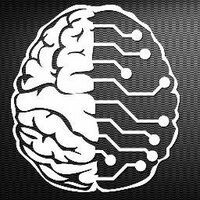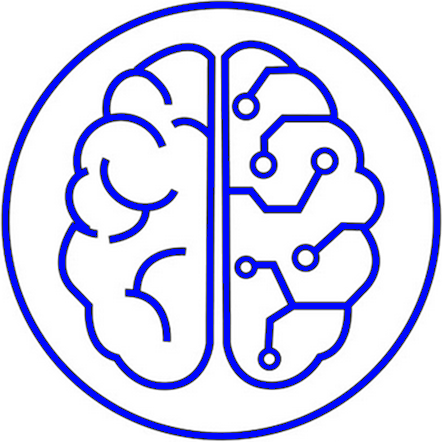129 results.
Neuralink
Visit Website
Neuralink Corporation is an USA neurotechnology company founded by Elon Musk and others, developing implantable brain–machine interfaces (BMIs).
Cortical
Visit Website
Cortical is developing next generation AI solutions around a new class of unsupervised, one-shot learning algorithms.
We are rethinking machine learning hardest problems, applying System Biology and Computational Neuroscience to go beyond existing Deep Learning core technologies.
Brain Backups
Visit Website
Brain Backups, a developmental stage startup, is pursuing one of the biggest scientific and technological discoveries of our time: a map of every connection in the human brain. The connectome, sometimes called the genome of the brain, is the next frontier in neuroscience. With cutting edge micron scale contrast agents, Brain Backups is poised to revolutionize neuroimaging.
The scientists at Brain Backups are developing new neuronal imaging methods using synthetic biology, MRI, and smart contrast agents based on aptamer technology. These methods are nondestructive, noninvasive, and provide ultra high definition scans. This technology will launch neurological research and diagnostics into the future.
With myriad brain functions and dysfunctions better understood, scientists will be able to offer personalized connectome mapping and true personalized medicine.
carboncopies
Visit Website
There is a long way to go before whole brain emulation (and, with it, the freedom to explore hitherto inconceivable new avenues of creative and intelligent development) can become a reality. Significant strides need to be made in the fields of neurobiology, neurophysiology, brain imaging, data analysis, computational neuroscience, in computational model design, model selection and model fitting, in the design of suitable processors for artificial brains, and even in disciplines such as the philosophy of mind.
At the Carboncopies Foundation, it is our mission to identify, facilitate, or directly conduct the research that will deliver whole brain emulation where that is most needed. We have built, and always continue to grow, a network of scientists across disciplines to match the needs of R&D toward whole brain emulation. Researchers on our team are aware of the state of the art. They closely follow pioneering advances in the areas listed above that affect the development of brain emulation and its application to patient-specific partial or complete neural prosthesis. Events organized and materials published by the Foundation shine a light on issues that are most in need of better comprehension, attention and support. Where possible, and where opportunities emerge to achieve leveraged acceleration, we endeavor to facilitate, launch, and support projects, and in specific cases, the scientists and engineers on our team engage directly with the research required.
There is no magic bullet. There is no guarantee that “exponential developments” and “nanobots” will save the day. Whole brain emulation cannot be achieved unless we fully recognize and understand the enormity of this ambitious goal. Success depends entirely on rigorous adherence to the tenets of the scientific method and its application, on vigorous collaboration, and on deliberative and ongoing peer review.




